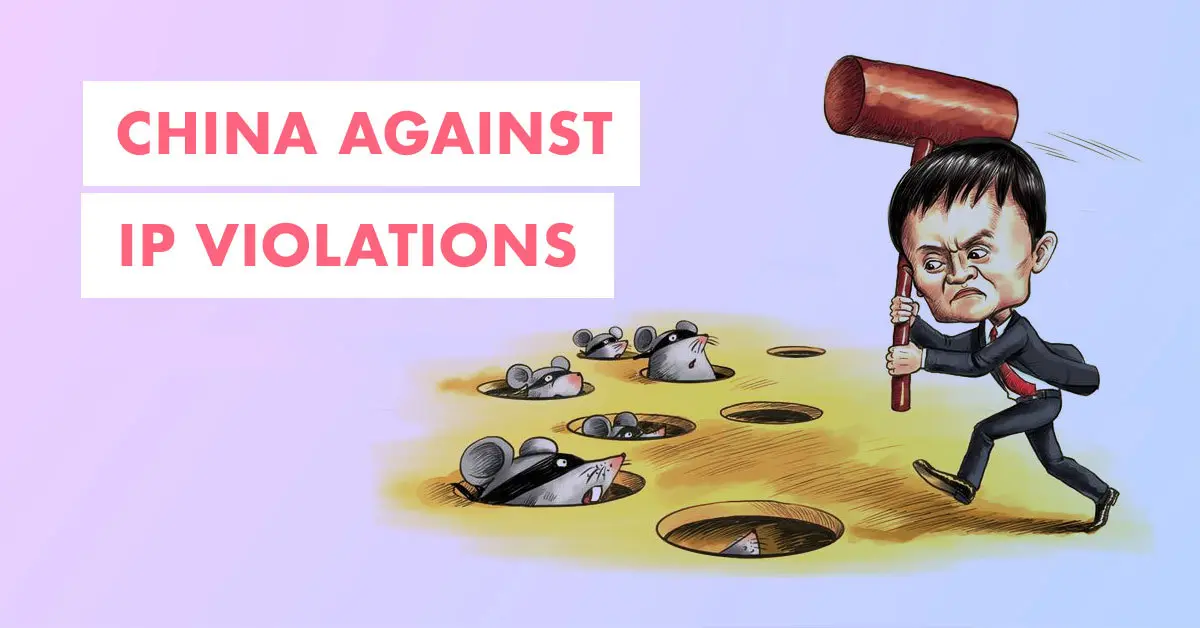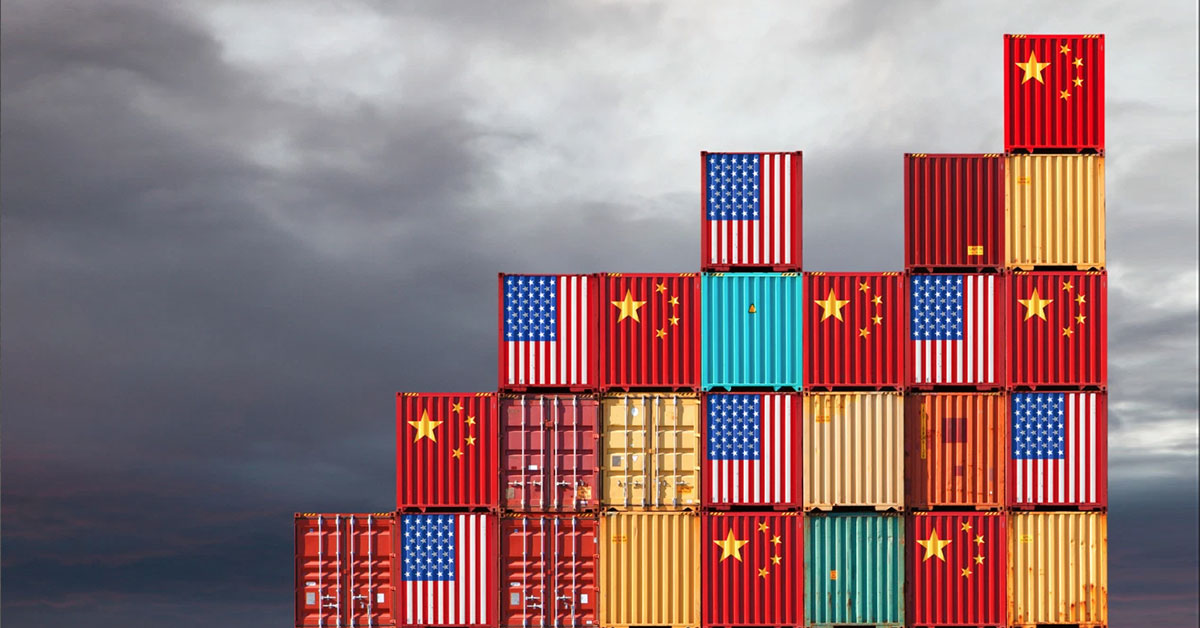Tariff escalation affects US-based Amazon sellers more than their competitors in China
The series of tariffs imposed by the United States on Chinese goods has impacted both US and China-based Amazon vendors, but US sellers are taking a bigger hit to their sales.
The gap has widened since the round of tariffs on Chinese goods announced in the summer of 2018 by the Trump administration, according to data from cross-border e-commerce analytics company SellerMotor.
According to SellerMotor’s data, US-based Amazon sellers have seen their year-over-year monthly sales decrease every month since November 2018. By March 2019, when a 25% tariff was placed on $250 billion in Chinese goods, Chinese vendors’ year-over-year sales grew by 61%, but U.S. sellers saw their sales decrease by 3%.
While many US-based Amazon sellers also get their supplies from China, Chinese sellers have better control over their supply chain and closer relationships with their suppliers (in some cases, even equity partnerships), allowing them more flexibility, SellerMotor COO Sibao Chen tells TechCrunch.
Chen adds that the way many Chinese e-commerce sellers organize their operations may also give them an edge over U.S. sellers.
“If there is an electronics company selling iPhone charging cables and also headsets, each of these product groups would probably have two to five people running the thing, like a mini-company, and they are organized, incentivized and almost completely independent within their group and given a lot of autonomy,” Chen says. “This is a very common form of organization within the Chinese retail and e-commerce industry and this is something we believe could have given them an edge in terms of the speed that they react to external impacts such as the tariffs.”
More Amazon news

China stands up to protect intellectual property
E-commerce sites must guard intellectual property or be shut in China China plans to tighten oversight of e-commerce platforms like Alibaba Group over the infringement of intellectual property rights. Companies would lose their trading...

Record-breaking congestion in California ports
No quick fix for the shipping crisis 44 freight ships are stuck awaiting entry into California's two largest ports. This is the largest congestion since the beginning of the pandemic. The queue is a result of the labor shortage, COVID-19-related disruptions, and...

E-commerce is too reliant on social media
Consumers don’t buy on social media, new survey indicates E-commerce entrepreneurs are relying heavily on social media to drive sales, but consumers don’t shop there very often A new survey said consumers don’t buy on social media, despite the fact that small...


